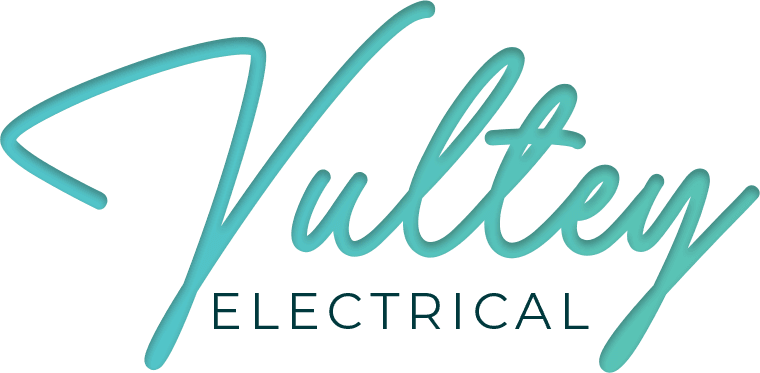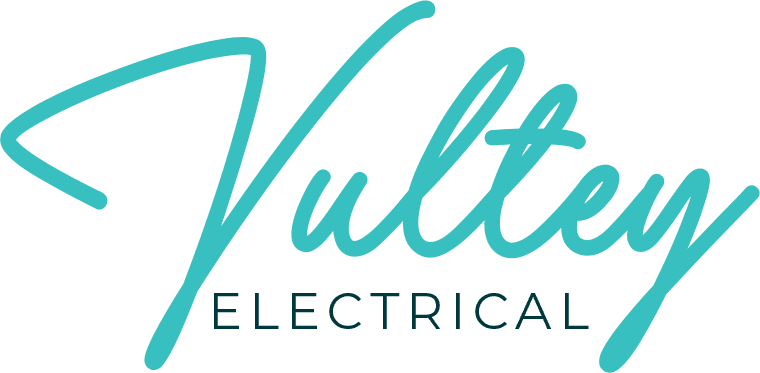Queensland smoke alarm compliance
Smoke alarm requirements in QLD
The new Queensland smoke alarm regulations represent a significant shift in fire safety standards for residential properties. Introduced to enhance protection for residents, these regulations mandate the installation of interconnected photoelectric smoke alarms in every bedroom, hallway, and on each level of a home. As compliance deadlines approach, it’s crucial for homeowners and landlords to understand the requirements and ensure their properties meet the updated safety standards. These changes aim to provide faster warnings in the event of a fire, potentially saving lives and reducing property damage across Queensland.
Quick overview
The new Queensland smoke alarm regulations require all homes, including townhouses and units, to install photoelectric smoke alarms that comply with Australian Standard 3786-2014. These alarms must be interconnected, so if one goes off, they all do. For property owners, landlords, and sellers, ensuring these alarms are properly installed is crucial, with compliance deadlines set for 2027. Tenants must maintain alarms, and special provisions apply to caravans, motorhomes, and those with hearing impairments.
When do I need to install more smoke alarms and interconnect them?
Smoke alarms installed after the below milestone dates will be required to be:
- Powered by either hard-wired 240-volt or 10-year non-removable 10 year battery; and
- Be interconnected by either wired or wirelessly to all other required smoke alarms in the dwelling.
- All smoke alarms that are required by legislation must be AS3786–2014 compliant smoke alarms.
1 January 2022
Dwellings being leased, re-leased or sold.
1 July 2024
All caravans or motorhomes whose registration is commencing or being transferred.
1 January 2027
All other dwellings and registered caravans and motorhomes.
All dwellings must comply by 1 January 2027
Where do smoke alarms need to be installed?
Smoke alarms must be installed on every storey, specifically in each bedroom, hallways connecting bedrooms to other parts of the dwelling, or between bedrooms and living areas if no hallway exists.
If a storey has no bedrooms, at least one smoke alarm must be placed in the most likely exit path.
For caravans and motorhomes, smoke alarms can be installed on the ceiling, ideally near sleeping areas. If you sleep in the annexe, placing an alarm there is also recommended.

Smoke alarm layout
Do smoke alarms need to be installed by an electrical contractor?
All 230V hardwired smoke alarms must be installed by a licenced electrical contractor who can provide you with a Certificate of Compliance on completion of the work.
Can battery smoke alarms still be used?
Select your property type below to see if battery alarms can be used
HARDWIRED
Smoke alarms must be hardwired and will need to be installed by a licenced electrical contractor who can provide a certificate of compliance.
HARDWIRED
Smoke alarms must be hardwired and will need to be installed by a licenced electrical contractor who can provide a certificate of compliance.
COMBINATION
An existing dwelling with 230V smoke alarms must replace them when required with 230V smoke alarms.
An existing dwelling with battery operated smoke alarms may replace them when required with battery operated photoelectric type smoke alarms that meet the Australian Standard 3786–2014.
An existing dwelling with 230V smoke alarms that requires additional smoke alarms be instaled to comply with the new legislation may use a combination of 230V and battery alarms in the new locations.
All battery operated smoke alarms must be 10-year non-removable battery smoke alarms.
More information is available on the Queensland Fire Department website
Upgrade your smoke alarms today
We’ve tried to make it easy for you to upgrade your alarms! Follow the link below to use our instant quote and booking tool to arrange for us to come and make your property compliant.

Electricians you can trust.
We don't cut corners!
Adhering to electrical standards and regulations is crucial for ensuring the safety of electrical systems. Some competitors may choose to ignore or overlook these standards to save time and money.
We pride ourselves on quality, and you have our word that we will never cut corners - because we believe in doing things right the first time.
